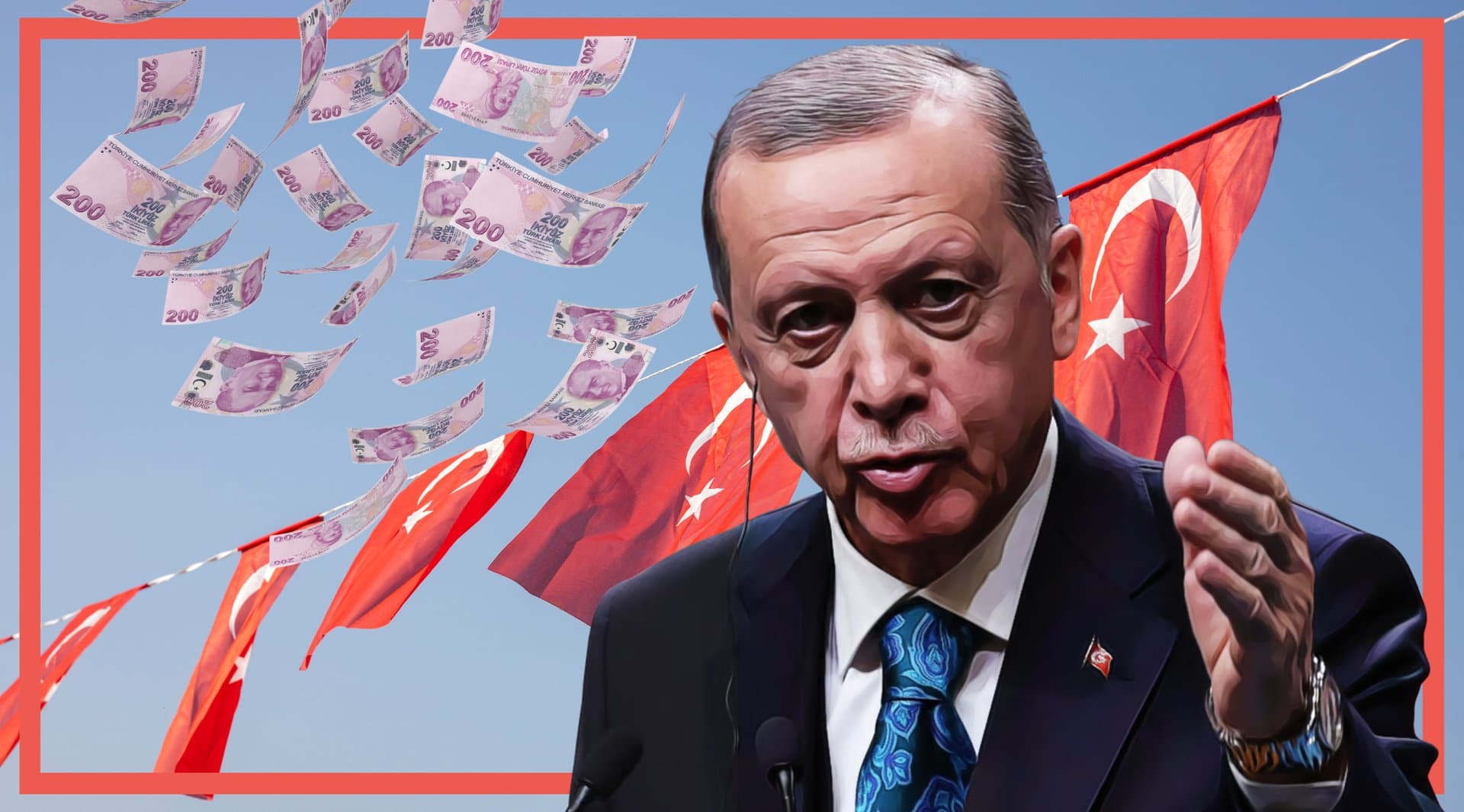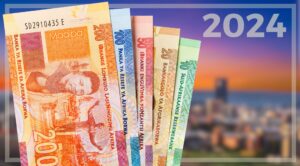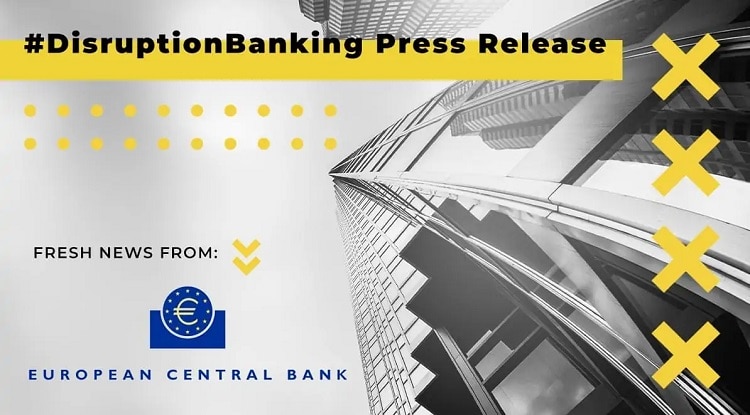On Sunday, President Erdogan secured re-election as the President of Turkey, defeating challenger Kemal Kilicdaroglu. The result could have profound ramifications for the outlook of the Turkish economy. Ankara is currently battling inflation running at 44%, a currency trading at record lows, and dwindling foreign exchange reserves.
World leaders congratulate Turkey’s President Erdogan on election win https://t.co/QNhXmBqe7h pic.twitter.com/AuMTQP8EQA
— Al Jazeera English (@AJEnglish) May 28, 2023
While pursuing a range of business-friendly policies, Erdogan is perceived by many as hamstringing the Turkish economy because of his unorthodox views on interest rates. Contrary to most laws of economics, he believes that higher interest rates are responsible for fuelling rather than combating inflation and has therefore ordered the central bank to cut rates further in response to rising inflation. This has meant that prices in Turkey are rising faster and faster, causing wider instability in the Turkish economy.
When the foreign exchange markets in London reopened this morning, the Turkish Lira (TRY) posted steep losses against major currencies. The lira fell by over 1% against the US Dollar (USD) to a new record low of 20.36. A weakening currency is likely to increase inflation further given that Turkey is currently running a substantial – and widening – trade deficit of almost $9 billion a month.
Because the lira markets are heavily controlled by the Turkish Central Bank, and subject to interventions from the authorities, risk conditions in Turkey are better reflected in the five-year credit default swap markets. The yield on Turkey five-year CDS is now as high as 665.75 and is up 22.62% this month alone. This implies a greater than 10% probability that Turkey will default on its debts. With the Turkish currency in steep decline, and the balance of payments crisis ongoing, traders are clearly considering Turkish markets to be increasingly risky.
The five-year credit default swap market is a more accurate gauge of perceived risk in Turkish markets. "If the lira floated freely, higher risk perceptions would be reflected in a weaker spot for the lira, but it’s very managed."https://t.co/3vw0DBiVl2
— #DisruptionBanking (@DisruptionBank) May 30, 2023
There have been some encouraging signals from Ankara that President Erdogan may be prepared to change course on monetary policy. He has promised to appoint a team with “international credibility” to manage Turkey’s finances. There have been indications that Erdogan plans to appoint Mehmet Simsek to oversee the national economy, who is seen by many economists as a sensible choice.
On the day of the election, economist Timothy Ash told Disruption Banking that “maybe after the election he’ll hire somebody at the central bank to create a positive market momentum and may allow them to do something on interest rates eventually.”
This market momentum is yet to materialise as traders remain wary of what another term of Erdogan in power could mean for the Turkish economy. While the Istanbul Stock Exchange Index has bounced in the aftermath of the election results, a weaker lira and higher implied risk in CDS markets will be a cause for concern as Erdogan looks to fix Turkey’s broken economy.
Author: Harry Clynch
#Turkey #TurkeyElection2023 #Erdogan #Lira #Bonds #Istanbul















